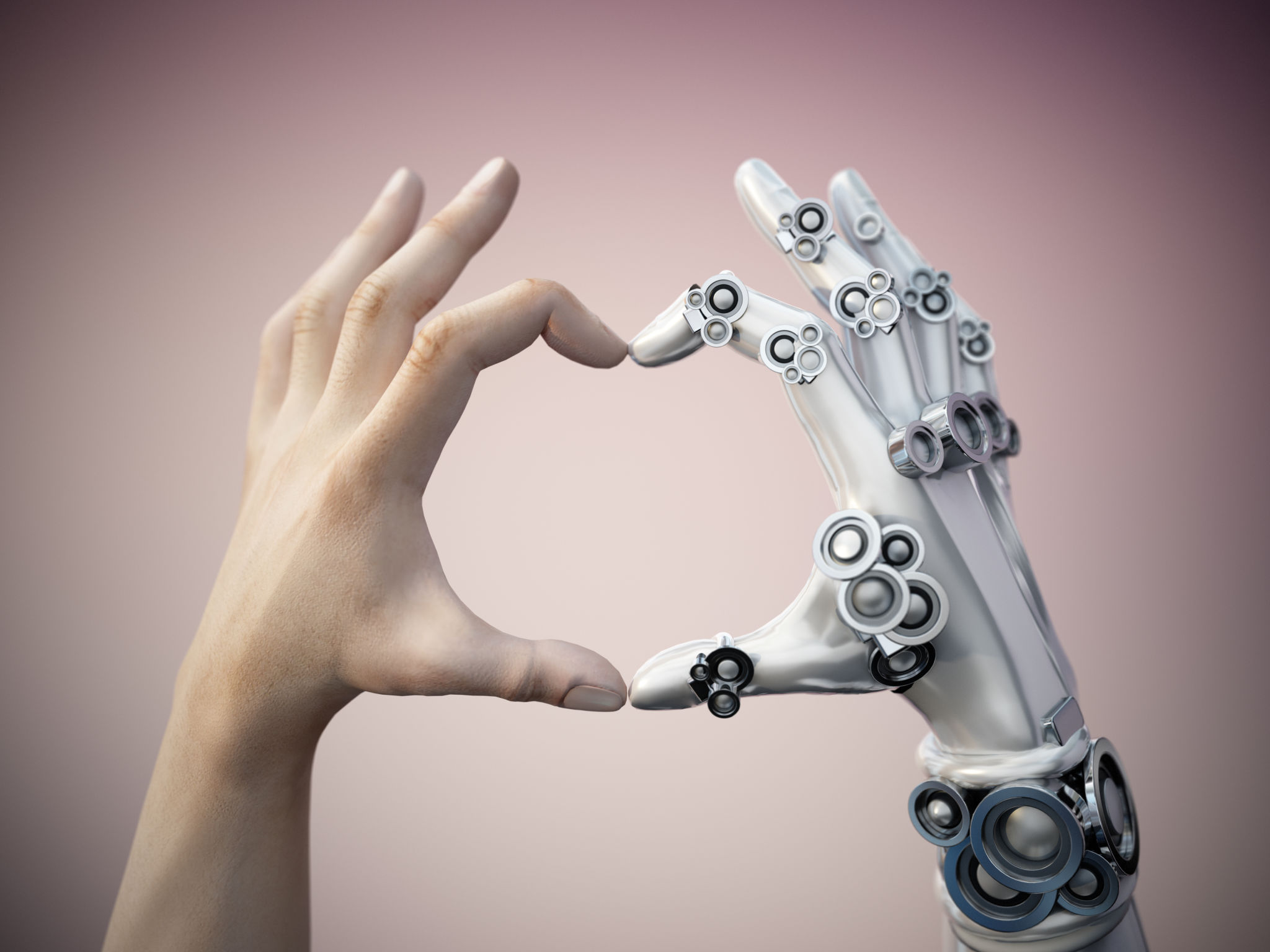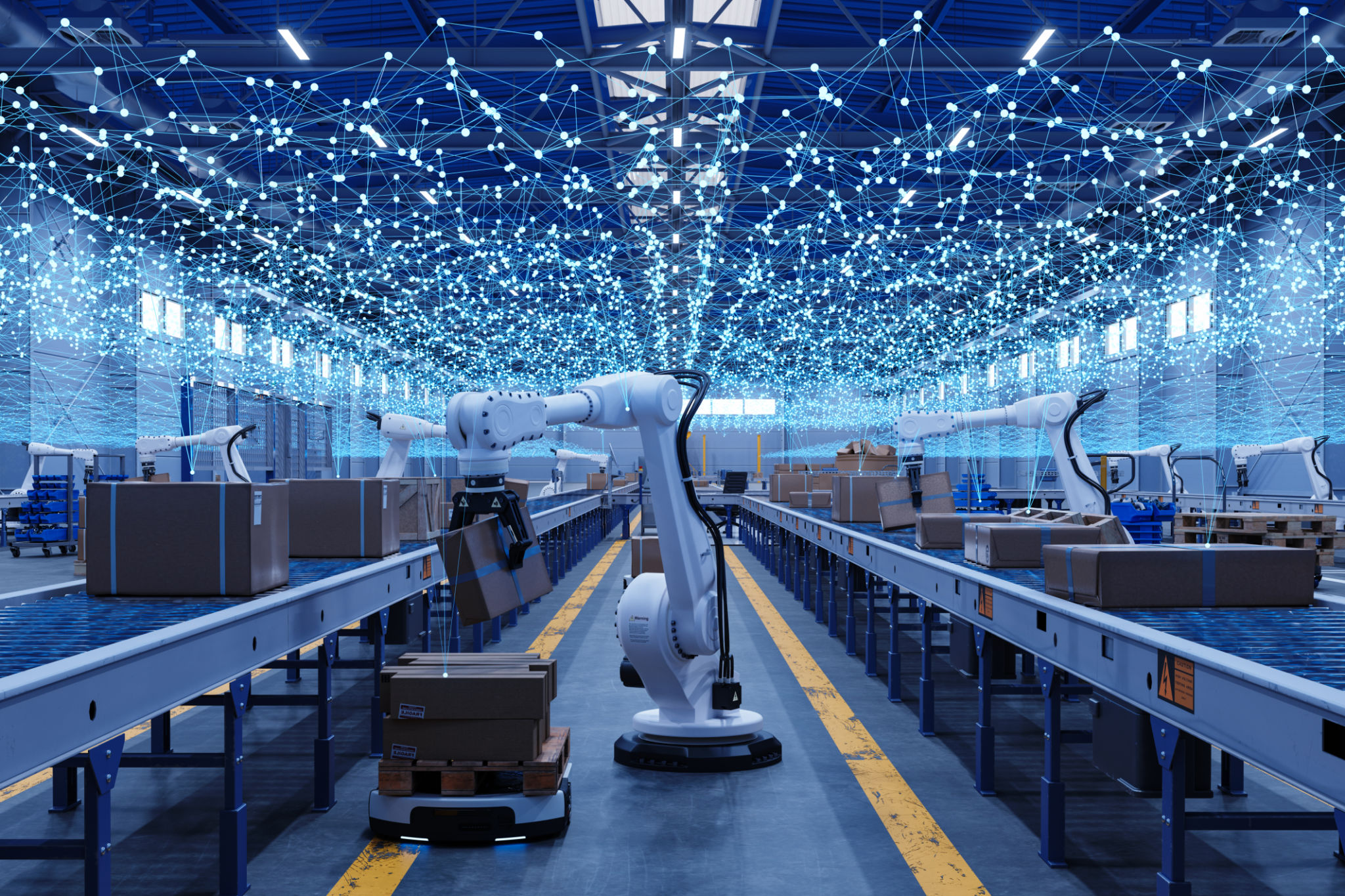The Role of Automation in Sustainable Manufacturing
The Intersection of Automation and Sustainability
In the modern manufacturing landscape, automation is not just about increasing efficiency and reducing costs; it is also playing a pivotal role in promoting sustainability. By integrating automated systems, manufacturers can streamline operations, reduce waste, and minimize their environmental footprint. This shift towards automated processes is crucial as industries worldwide strive to meet global sustainability goals and reduce their impact on the planet.
Automation technologies, such as robotics and artificial intelligence, provide manufacturers with the tools needed to optimize resource usage. Through precise monitoring and control, these technologies help ensure that resources are used efficiently, reducing waste and conserving energy. This not only benefits the environment but also enhances the bottom line for businesses by lowering operational costs.

Enhanced Efficiency through Smart Manufacturing
Smart manufacturing leverages advanced technologies to create more efficient production processes. Automated systems can continuously monitor production lines, identify inefficiencies, and make real-time adjustments to improve productivity. This results in a significant reduction in energy consumption and material waste, contributing to a more sustainable manufacturing process.
By utilizing data analytics and machine learning, manufacturers can predict equipment failures before they occur, reducing downtime and the need for frequent repairs. This predictive maintenance approach not only extends the lifespan of machinery but also decreases unnecessary resource consumption, further supporting sustainability efforts.

Reducing Waste with Precision Automation
One of the most significant benefits of automation in manufacturing is its ability to reduce waste through precision. Automated systems ensure that each step in the production process is executed with exactness, minimizing errors and defects. This precision reduces material waste and ensures that products are manufactured to meet quality standards consistently.
Moreover, automation enables manufacturers to adopt just-in-time production methods, producing goods only as they are needed. This approach decreases excess inventory and limits waste from unsold products. By aligning production closely with demand, companies can significantly cut down on the resources required for storage and disposal.

Leveraging Renewable Energy Sources
The integration of automation in manufacturing also facilitates the use of renewable energy sources. Automated systems can optimize the use of solar, wind, and other renewable energies by adjusting operations based on energy availability and cost. For example, automated scheduling can shift energy-intensive processes to times when renewable energy supply is abundant or when electricity rates are lower.
This strategic use of renewable energy not only reduces reliance on fossil fuels but also lowers greenhouse gas emissions associated with traditional energy sources. As more manufacturers adopt renewable energy powered by automation, the industry moves closer to achieving sustainable production goals.
The Future of Sustainable Manufacturing
Looking forward, the role of automation in sustainable manufacturing will continue to grow as technology advances. Future developments in artificial intelligence and machine learning will provide even more sophisticated tools for optimizing production processes and resource management. Additionally, innovations in sensor technology will enhance real-time monitoring capabilities, allowing for even greater precision in manufacturing operations.
As automation becomes more integrated into manufacturing systems, the potential for achieving sustainability targets becomes increasingly attainable. The ongoing collaboration between technology developers, manufacturers, and environmental experts will be crucial in driving these advancements and ensuring that the benefits of automation are fully realized.

